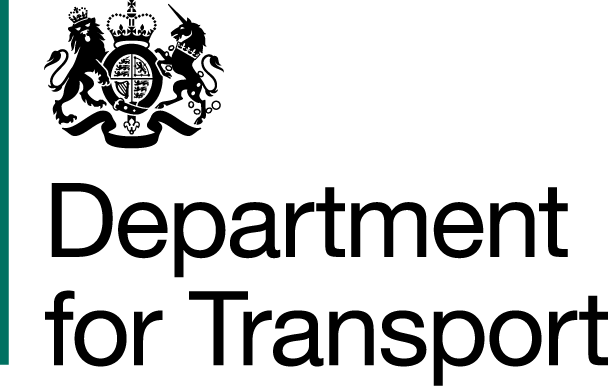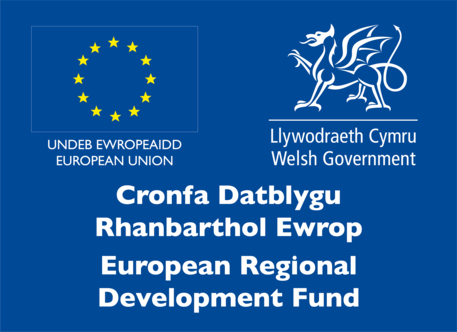Probing questions and buzz words
What is a probe question?
A probing question sparks deep thought and detailed responses. An open-ended question supports deeper comprehension for both the person asking and the one answering. By asking a probing question, you encourage the receiver to explore their personal feelings and ideas about a specific topic. The answer requires critical and creative thinking.
Benefits of using probe questions for Talking Transport workshops?
Using probing questions for your chosen topic will ensure that conversation is open and allows the participants to steer the discussion in their chosen direction. It also helps the facilitator to:
- Clarify participants answers/ opinions/ thoughts
- Re-steer the discussion back to the chosen topic
- Evaluate the efficacy and benefit of something
- Brainstorm
- Facilitate meaningful discussions that also help to build rapport between participants
Probe Questions
Sustainability
- Think about the journeys you make regularly, what could we do to make the journeys more sustainable?
- What is the biggest challenge to making train and bus journeys more sustainable?
- Can you list some of the positive ways that travelling on public transport can benefit the natural environment?
- What does sustainability mean to you?
Mobility and Inclusion
- Think about the journeys you make regularly – what are some common barriers that may be more difficult for people using a wheelchair or people with a physical or visual impairment? Can you group these into themes, and identify specific locations you think should be improved?
- Can you list some of the barriers that may prevent you or someone you know from using or accessing public transport? How could these be resolved?
- List some key features that should be included to make travelling by public transport more accessible for all?
- What do Mobility and Inclusion mean to you?
- Is it important to you that you are represented? If so, why?
Safety
- Think about your local area, is there anywhere that makes you nervous when walking, cycling, driving, or using public transport? Write down why this is and discuss these as a group until you can come up with solutions to improve safety in your community.
- Think about the journeys you make regularly, did you experience ASB or have had concerns over your safety? Are there things that could have been done differently to deal with ASB or your safety which could improve your experience?
- Think about your last train journey, did you feel unsafe at the train station or during your train journey? How could your experience at the station and on the train journey be improved?
- What does feeling safe mean to you on public transport?
- Whose responsibility is it to maintain safety on public transport, in your view?
Customer Experience
- Think about the last time you took a journey on public transport – was there anything that you didn’t like about the journey? Was there anything that you did like about the journey?
- Are there things that could have been done differently that would have improved your experience?
- What are some of the reasons you use public transport, and how could the journey be improved?
- Tell us about a time you experienced a challenge on a journey and how you overcame it.
- Tell us about a positive experience you have had whilst using public transport?
- What does good customer service look like to you?
Active Travel
- What do you think discourages you from walking or cycling more of your journeys locally?
- Can you identify a list of places in your community where you think people would be uncomfortable cycling?
- List all the journeys that you do in the week – can you identify some of these that you could walk or cycle instead?
- What has made you choose those journeys specifically?
- What does active travel look like to you?
- How would active travel opportunities enhance your community?
Careers in Transport
- What type of roles do you think are available in the transport industry? What type of skills do would you need?
- What are some of the barriers to you applying or wanting a role in transport?
- Do you think that a career in transport is for you? Why / why not?
- What would make roles in transport more appealing to you?
- How could the transport sector support you in preparing for careers in the future?
- Try to imagine a person working within the rail industry. What immediately comes to mind?
Marketing and Communication
- What messages do you think would appeal to people in your community?
- Take a look at some TfW Marketing posters – how do these make you feel? Would you change anything about them?
- How could communication and marketing be more engaging?
- Can you think of creative ways to receive information about transport?
- Do you feel represented in TfW’s marketing?
- How do you hear about new events or opportunities in your area?
Buzz Words
Sustainability
Biodiversity, conservation, green spaces, ecosystem, carbon footprint, emissions, vegetation, habitats, pollinators
Equality, Diversity and Inclusion
Protected characteristics, disabilities, gender, ethnicity, barriers, stereotypes, misconceptions, culture, unconscious bias
Safety
Anti-Social Behaviour, trespass, unsafe, comfort, fly-tipping, litter, facilities, support services
Customer Experience
Pay machines, timetabling, complaints, signage, wayfinding, website navigation, catering, cleaning, staff, services
Active Travel
Walking, Cycling, modes of transport, opportunities for change, funding, air pollution, leisure and tourism, travel routes
Marketing and Communication
Representation, methods of engagement, social media, audience, language, tone of voice, imager



